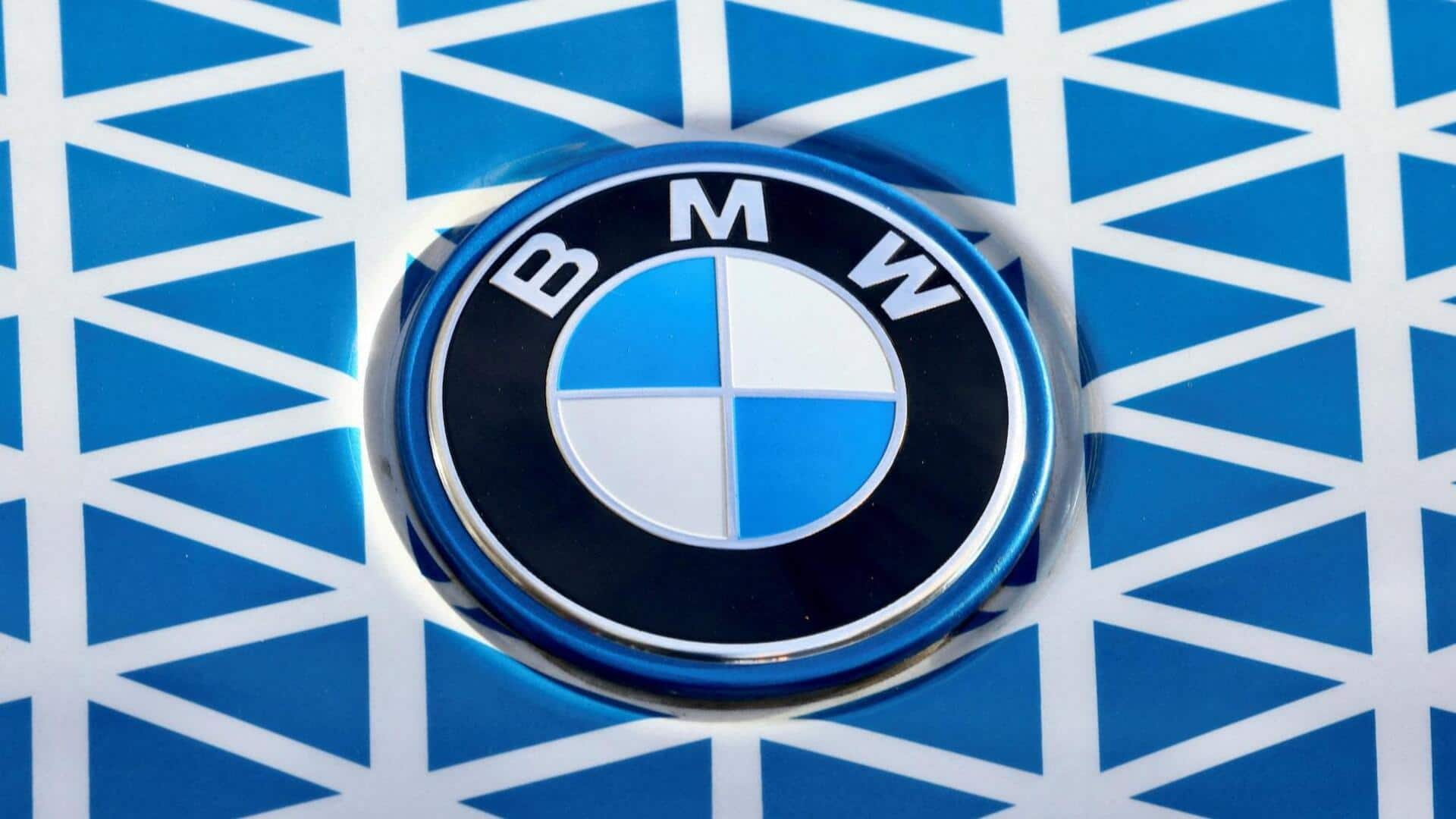
Why BMW wants Europe to reverse 2035 petrol car ban
What's the story
BMW's Chief Executive Officer, Oliver Zipse, has urged European authorities to rethink their proposed ban on new fossil fuel cars by 2035. He believes this move is essential to curtail Europe's reliance on China's battery supply chain. Zipse made the comments during his speech at the Paris Motor Show, emphasizing the need for a regulatory framework open to different technologies.
Tech diversity
Zipse advocates for alternative technologies
Notably, Zipse has been a vocal advocate for diverse technologies, including e-fuels, biofuels, and hydrogen fuel cell cars. He expressed concern about the growing pessimism in Europe, and stressed the need for a new regulatory framework to stay competitive. "A correction of the 100% BEV target for 2035 as part of a comprehensive CO2-reduction package would also afford European OEMs less reliance on China for batteries," Zipse stated.
Emission regulations
EU's landmark law on CO2 emissions
In March 2023, the European Union passed a landmark law requiring all new cars to have zero CO2 emissions from 2035. This effectively bans diesel and petrol vehicles. The law also mandates a 55% reduction in CO2 emissions from 2030, compared to 2021 levels. However, carmakers such as BMW, Volkswagen, and Renault and the Italian government have raised concerns over these targets amid lower-than-expected EV sales.
Review resistance
Germany rejects early review of emission targets
Despite worries from carmakers and the Italian government, Germany has denied an early review of these emission targets. The country cites the need for industry clarity and urgency in addressing climate change, as reasons for its stance. Meanwhile, the head of France's auto association PFA didn't explicitly call for abolishing the 2035 ban, but stressed on revisiting these targets sooner than their scheduled review in 2026.